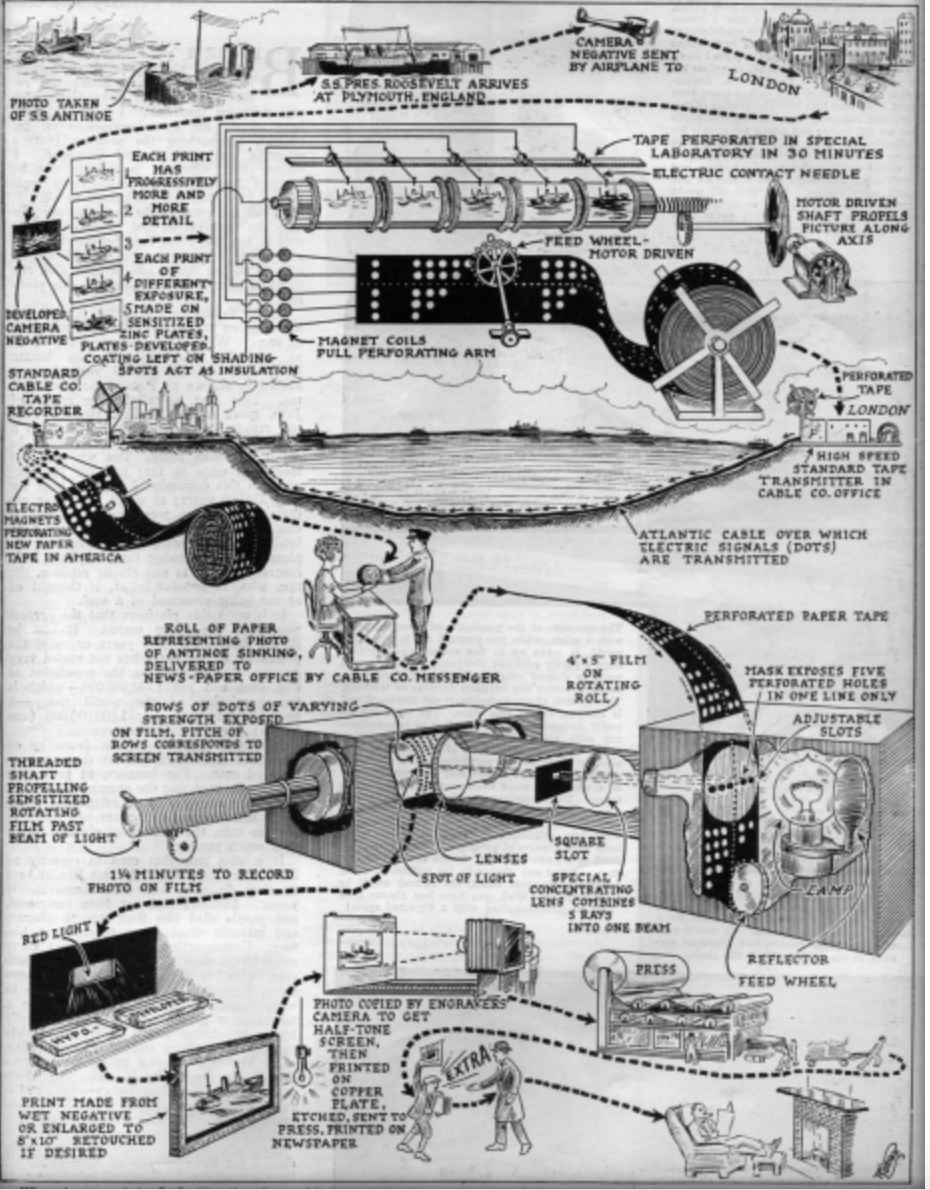(Part 1 here and Part 2 here.)
Once they passed through the Lombok Strait, the Krait (formerly the Kofuku Maru) threaded a cautious way among islands that were irregular polka-dots of green along the Sumatra coast, Engineer McDowell and his assistant nursing his engine as if it were a cranky child prone to tantrums. One of the officers was in the wheelhouse at all times. The mixed crew of soldiers and sailors kept a careful look-out, day and night – but they had come deliberately by a route that avoided the normal shipping lanes in and around Singapore. They made a happy discovery, upon encountering other craft—mostly native fishing boats and small commerce; such craft turned around and went the other way, at top speed, upon seeing the purposefully stained and tattered Japanese flag which they flew now. By the 18th, they were a bare 22 miles from Singapore, lurking with intent among the islands star-scattered to the south of the city, searching for a deserted and unobserved spot within striking distance of Keppel Harbor. Anchoring off Panjang Island at 4 in the morning, they decided that spot would do, for disembarking the six members of the canoe teams, and deadly cargo: Lyon, Davidson, and Page, with the three naval ratings: Walter Falls, Arthur “Joe” Jones and A.W. Huston. In two weeks exactly, the Krait would return to the rendezvous at Panjang to retrieve the six … if all went according to plan.
